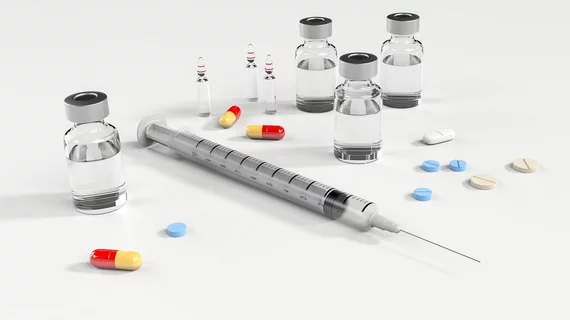Mark Cuban’s drug company partnering with PBM startup
A pharmacy benefit management company founded less than five years ago is teaming up with a drug pricing disrupter that will mark its second birthday next month.
The alliance is noteworthy because the “disrupter-in-chief” of the latter is the celebrity billionaire Mark Cuban.
PCA Rx of San Antonio, Texas, announced its collaboration with Mark Cuban Cost Plus Drug Company—Cost Plus Drugs, for short—Dec. 18.
PCA Rx says the duo’s main goal is to bring transparency, accessibility and affordability to drug pricing “in an industry long plagued by hidden costs and lack of transparency.”
The announcement, posted by PCA Rx, is thin on details explaining how the two companies will pursue this outcome.
“PCA Rx and Cost Plus Drugs are committed to lowering drug prices and enhancing transparency, empowering individuals and employers to make informed healthcare decisions,” says Kelly Cromer, PharmD, VP of operations & clinical at PCA Rx, in a news release. “PCA Rx is committed to member access through all avenues to affordable medications. Together, we're reshaping the future of accessible and affordable healthcare."
David Antongiovanni co-founded PCA Rx in 2019, according to the company’s website.
Radiologist Alexander Oshmyansky, MD, PhD, and Mark Cuban launched Mark Cuban Cost Plus Drug Co. in January 2022.
Full announcement here.

